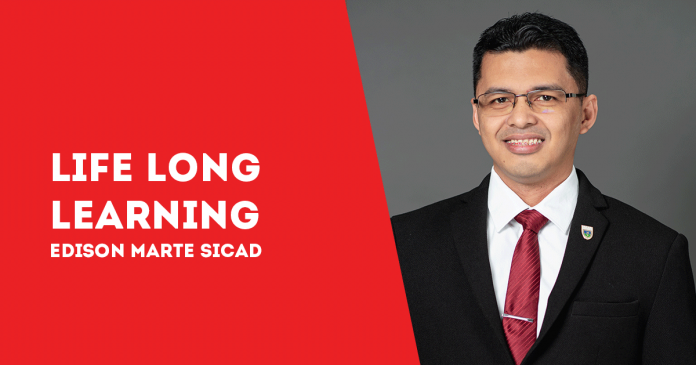
“People love to hate.” – paraphrasing Donald Trump
SURVEILLANCE State: for the protection of the people, the government may strategically place CCTV cameras at key locations. These cameras can deter the commission of crimes. Video footages can also help the authorities in their investigations.
The Big Brother. We are being watched or monitored (with our implied consent). People’s behaviors do change when they know that someone is watching them. A social engineering for the common good.
We give our silent approval to such a public policy because, in hindsight, we have benefited from it. With CCTV cameras in public places, we and our loved ones feel safer. Recording what is going on in public areas has its advantages.
But what about those vloggers who opted to record in public places? Do they need to ask for our permission? Is there a decorum or a sort of “good manners and right conduct” aspect to vlogging or to the normalcy of social media video postings?
Public places as a personal space
May I stop a vlogger from recording in a public area because I don’t want to be seen in the video?
Yes. Despite the area being public and frequented by people, you still have the right to be comfortable in such a public place. Regardless of your reason, you have a valid justification to object to his or her recording in that area.
No. Be considerate. Stop being selfish and support the vlogger instead. The vlogger definitely did not mean any harm in recording in a public area. You actually have to admire vloggers for their entrepreneurial and artistic endeavors.
It depends. If the vlogger gets too distracting (being rowdy or being too close to your table you can’t enjoy your coffee anymore), then you can tell him or her to stop recording or record somewhere else.
Blessings as a ‘bragging’ right
Would God be more grateful because I thanked Him not only in my private prayers but also on my social media posts?
Yes. Posting on social media about the goodness of God may also be a form of apostolate. You are not doing anything wrong at all. To publicly praise God is a manifestation of your unwavering faith. It also conveys the message that God must be at the center of our lives, sanctifying all our activities.
No. In Matthew 6:6, it says, “But when you pray, go into your room, close the door and pray to your Father, who is unseen. Then your Father, who sees what is done in secret, will reward you.” The sacredness of an act, to remain pure and holy, must be done in a proper venue: in the privacy of our rooms, in the silence of our hearts. Not in proclaiming it on social media.
It depends. Rectitude of intention is only known to the person praying and giving thanks to God. Our motives can go into polar extremes that can trigger either reverence or envy, praise or disgust, humble actions or cheap antics.
Relationship issues as a social media topic
Since it is my own Facebook account, do I have all the right to criticize anyone I like/hate?
Yes. If they don’t like your post, they can unfollow or unfriend you. Simple as that. It can get really scandalous on social media. But your expressions are your own responsibility. You are not forcing anyone to be on your side. And you also respect their arguments.
No. For you don’t know the whole story—and you never will be able to. Your bias will influence your words. Your ego will make you defensive. You may even treat other people’s lives as fodder to your insatiable appetite for gossips.
It depends. If you find it normal that you can have a say about other people’s (failed) relationships, then, maybe, you will also find it acceptable for other people to comment about your relationships.
“Concentrate on your own improvement, not on proving yourself to others.”/PN







